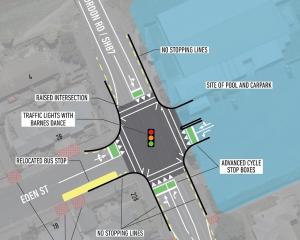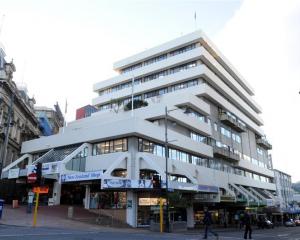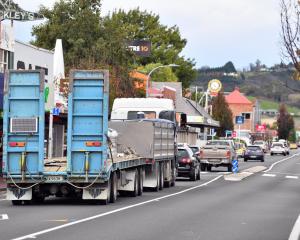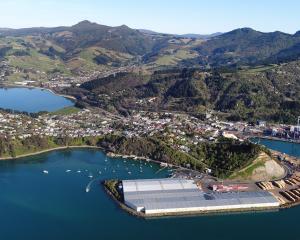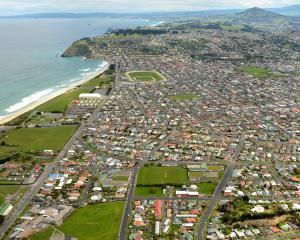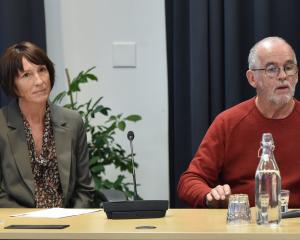A Dunedin developer who accused the Dunedin City Council of stifling growth, after nearly a decade of delays to his subdivision plans, has finally won his fight for a resource consent.
Thomas Richardson, a director of RPR Properties Ltd, has been granted consent for a nine-lot rural residential subdivision at 41 Dalziel Rd, on Three Mile Hill.
And, after first planning a 100-lot residential development in the area in 2004, Mr Richardson yesterday said permission to finally proceed was a relief ''after all these years''.
''It's nice to get something moving forward.''
The green light came after Mr Richardson offered a covenant to protect a bushy gully and stone walls in the area, on top of a revised plan for the subdivision's layout that was more sympathetic to the area.
The application was considered by a council hearings committee chaired by commissioner David Benson-Pope on February 18 and March 26.
The decision, signed by Mr Benson-Pope, accepted the subdivision's revised layout, saying ''appropriate'' controls meant the character of the area ''will continue to be dominated by the bush-clad gully''.
Mr Richardson said the decision meant he could proceed with plans to turn six of the lots into rural residential homes, on lots ranging in size from 2550sq m to almost 1ha.
Another lot, measuring 10.9ha, would cover the bush-clad gully area, and the remainder would not be built on yet, he said.
The decision came after Mr Richardson, addressing the committee in February, said he had spent at least $250,000 developing plans for the land, but had been knocked back repeatedly since 2004 by council planners with ''subjective ideas'' about how the site should be used. Plans for a village development of at least 100 homes on the land had been scrapped in 2006, after two years of delays he blamed on council processes.
The delays related, in part, to the time it took for the council's district plan to become fully operative, which was needed before he could seek a private plan change for the development, he said.
By the time the plan was operative, the market had turned and, together with other factors, meant the development had to be cancelled, he said.
''Basically, we lost two years of opportunity because of DCC ineptitude and lack of preparedness for catering for development,'' he told the hearing.
An attempt to subdivide the land two years ago failed after consent was declined, but the decision was overturned a year later after an appeal to the Environment Court.
The company's most recent bid for a ''simple'' nine-lot rural residential development had also been opposed by the council's planner, who again recommended consent be declined.
Council resource consents manager Alan Worthington defended the work of council planners at the time, saying they were required to work within district plan and resource consent rules.
Mr Richardson yesterday said the latest step in the process had been ''strange'', given the subdivision's layout was now ''completely revised'' again, but he was just pleased to obtain consent.


